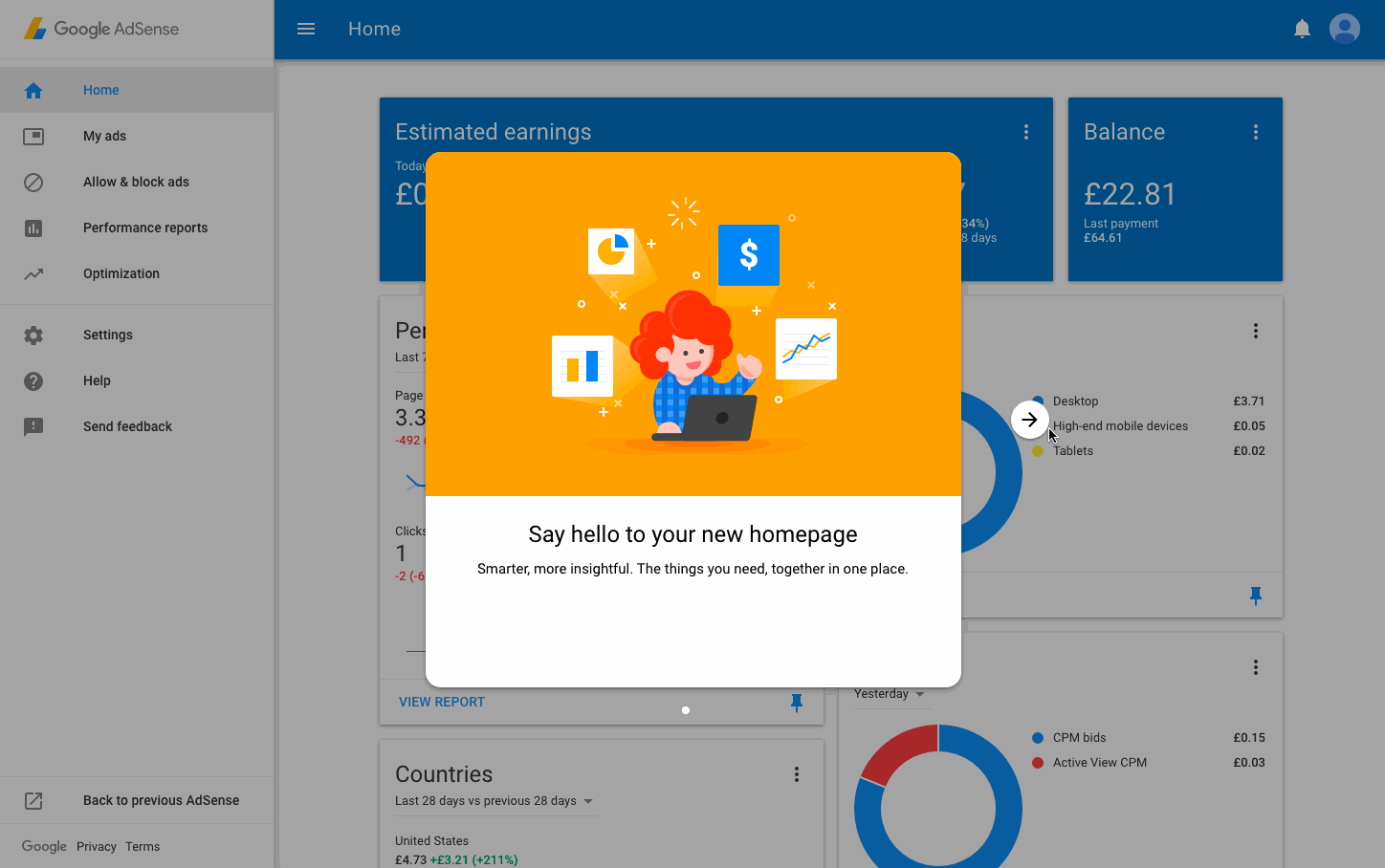How PR And Marketing Are Different And When A Business Should Use Them
Public relations (PR) and Marketing are often used interchangeably, but they play different roles in business. Many companies use PR and marketing in their business strategy. This article gives you an insight into PR and marketing. Also, you will understand how to adapt them in your business to achieve your goals. First, let’s define these two terms.
Definition of PR and Marketing
Public Relations: This is a strategic means of communicating between an organization and the public. PR aims to build a positive image of an organization through effective and consistent dialogue. Engage the service of a Dallas SEO expert to help create PR campaigns to boost your brand.
Marketing: This encompasses promotion, sale, market research, and commercialization. Marketing focuses on offering value to the customers and the public.
Responsibilities of a PR team
- Create a positive image of the company by pitching relatable stories;
- Issue a press release on a new product release or service;
- Get speaking engagements for top officials;
- Cultivate relationships between media and experts working in the same field;
- Control messaging.
Responsibilities of a Marketer
- Establish an advert campaign for the latest product or service
- Secure advertising opportunities for campaigns created on recognized media channels
- Design materials such as brochures to create awareness about new product
- Study industry and customers to generate marketing campaigns that drive sales.
- Manage company social media pages
Differences between PR and Marketing
Though PR and marketing are often misconstrued for each other due to their similarities, some differences exist. The differences are as follows:
- Function: While PR manages a brand’s reputation, marketing focuses on promoting sales;
- Target audience: PR aims at reaching a broad audience, including the media, clients, and the public. Marketing focuses on a specific audience, which is the sales prospects;
- Control: With marketing, you can manage your content, duration, style, and message. For public relations, you can’t regulate content and the likes;
- Reliability: People have little or no faith in adverts, but they trust what they read or hear in the news. It’s believed that the news is credible;
- Repetition: Though adverts can run consistently for specific periods, PR can’t since the press release is given just once;
- Success metrics: Both marketers and PR experts can determine the success of their campaigns. There are various metrics used to evaluate the impacts of their works. The marketing professional measures its campaigns by the number of sales goals met, returns, and high ROI. But, the PR expert assesses the success of campaigns by the relationship built with the public. Marketing and PR work together to achieve a company’s common goals and objectives. With the evolution of online marketing, it has become easy for small businesses to utilize these two strategies to attain their business goals. Affordable SEO services for small businesses can help your small brand to achieve success with organic search engine marketing.
Now that we have distinguished between PR and marketing, let’s consider the benefits of both.
What are the benefits of PR?
- Creates a positive image of the brand: A reliable company has a competitive edge over others. Reliability is instrumental to any company’s success. Publishing industry articles foster brand exposure while building trust in customers;
- Promotes brand awareness: Do you want to create awareness about your brand? Public relations is the best way. There’s a high probability that many people will get to know about your business. Leverage media since this broadens your reach and access to a large audience. Include links to articles published in your email campaigns;
- PR is cost-efficient: Though PR cost varies with the type of services needed, it’s cheaper than marketing. Advertising is mainly paid for, while PR is often achieved through media efforts. You don’t have to pay for commercials on TV stations; an industry article featured in editorials will do. Public relations encompasses press releases, speaking engagements, and the likes;
- Builds customer relationships: PR improves existing customer relationships and creates new ones. With brand exposure, positive image, and successful PR campaigns, you’re sure to increase your client base.
What are the benefits of Marketing?
- Boost sales: With good marketing strategies, you can drive sales and increase your customer base.
- Improve reputation: A good reputation is indispensable to any business’s growth and success. When advertising your products and services, ensure you’re transparent and reliable. This builds trust in your customer and enhances your reputation.
- Large audience: Adopting good marketing strategies and tactics will pull in more leads and drive sales.
- Broad knowledge of the marketplace: Marketing gives a vast knowledge of your industry. You’ll also learn more about your customers’ needs and focus on offering the most value to them.
How businesses can adopt both PR and marketing strategies
PR and marketing are dependent on each other. You can’t market without doing PR. Likewise, you can’t adopt PR strategies without marketing. If you’re trying to increase brand awareness, you may encounter difficulty doing this. PR and marketing departments can promote awareness through press releases and advertising campaigns to boost sales.
Marketing strategies include market research, trade shows, influencer marketing, among others. Public relations comprises internal communications, social media strategies, events, community relations, and others. If you’re looking for an agency that can help you with PR and marketing, SEO Company in Gurgaon is your best choice.
When should a business consider PR and marketing?
If you’re still having second thoughts about these strategies, you should take some factors into account. This will help you to make the right decisions. You’re probably thinking about when you should incorporate PR and marketing in your business.
Here are a few instances:
- When you’re not reaching a targeted audience: PR strategies help you target customers. Never forget, meeting your client’s needs is an utmost priority in business.
- When you’re facing competition: Effective PR and marketing give you a competitive advantage.
- Consider PR and marketing when your ROI and profit are low.
Now you can differentiate between PR and marketing, benefits, and when to adopt them. They both contribute to the success of any brand. PR and marketing optimize various platforms to promote sales and enhance brand consistency. Use both to improve your business growth and success today!
Author
Naveen Sharma is an SEO and Content Marketer at Rank Mystery. He has worked for various industries and helped businesses in improving their sales and ROI with his deep SEO and online marketing experience. Besides his professional life, he loves tracking and visiting new places.




















